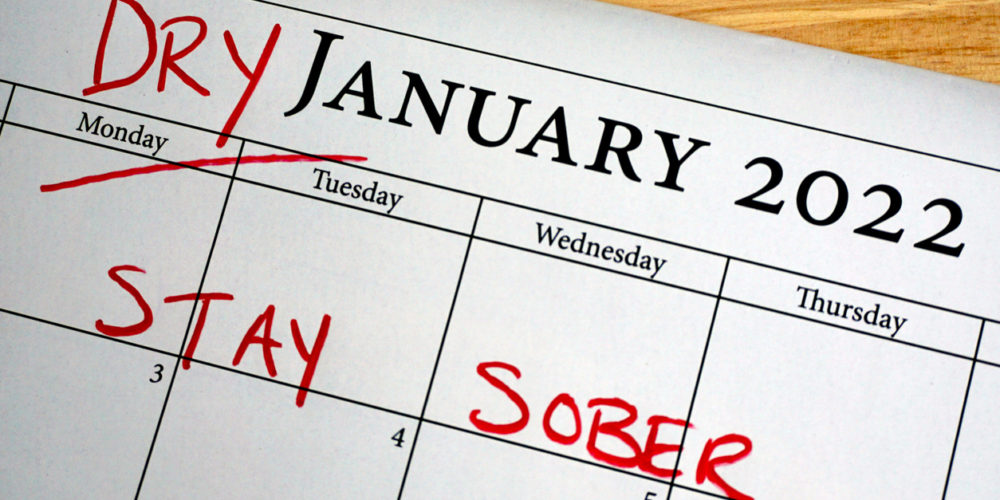The Substance Use Crisis in New Jersey Substance abuse continues to…

Was sobriety one of your resolutions for the new year? If you are like many people who struggle with drug or alcohol addiction, you have probably promised yourself that you would get sober many times. Whether you are struggling to stay sober or currently in the midst of active addiction, at Greater Essex we can help you get and stay sober in 2022.
Get Medical Help
One of the most important things for you to keep in mind is that getting sober can be dangerous. While the long-term health impact of getting sober is positive, withdrawal can create some serious medical issues. Many people are surprised to find that detoxing from alcohol can actually create severe and life-threatening withdrawal symptoms. While detox from other substances may not be as dangerous, the discomfort can lead people to seek out drugs. If you get medical support for detoxing, you can avoid some of the worst physical symptoms of withdrawal.
Set Goals
Many people think of sobriety as a single thing. However, you build sobriety day-by-day. Being sober for a lifetime may seem like a daunting task. However, if you set shorter-term goals for sobriety, you can build on a series of successes. Your initial goals may be staying sober for a day or even staying sober for a few hours. Later goals could be staying sober in scenarios you consider stressful, which would normally prompt substance use.
Build a Support System
While there are various ways to tackle addiction, the research supports the idea that people who have support are more likely to remain sober. For some people, this means attending a local 12-step program. Other people may need one-on-one counseling. At Greater Essex, we help you build a support system custom designed to help keep you from relapsing.
Recognize Your Triggers
While addiction means that you may have used substances in a variety of scenarios, there are still triggers that lead people to abuse substances. If you identify your triggers, you can take steps to avoid them. Some people need to avoid triggers forever, while other people may be able to handle triggers after a period of sobriety. Knowing how to recognize your triggers and developing strategies for handling them can help you stay sober.
Plan for Failure
Addiction is a disease, and one component of the disease is the risk of relapse. Even people who have been sober for a long period of time are susceptible to relapsing. What will you do if you relapse? Having a plan can help keep a slip up from becoming a downward slide.



